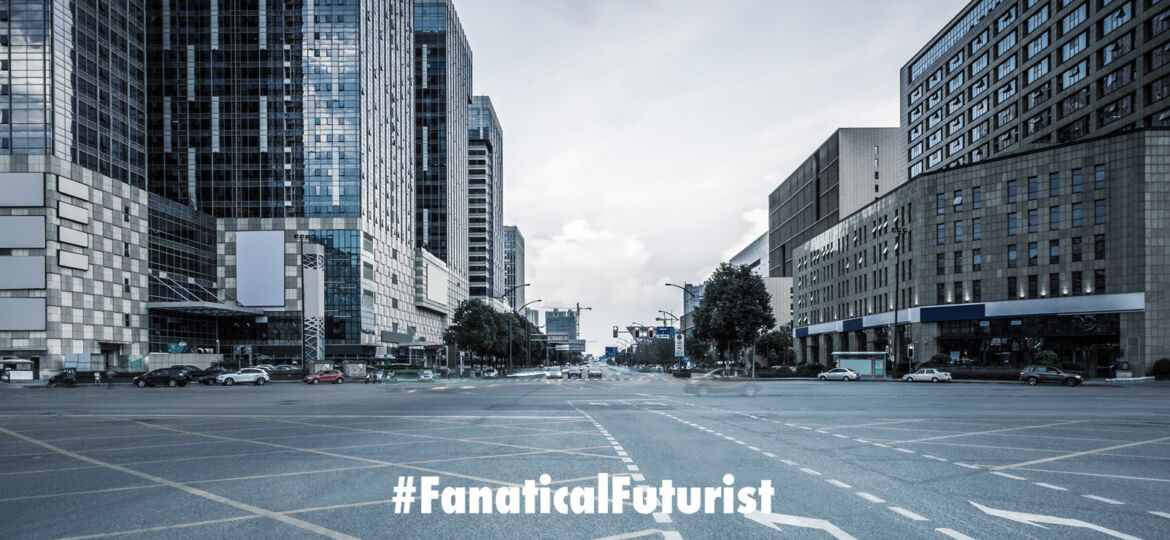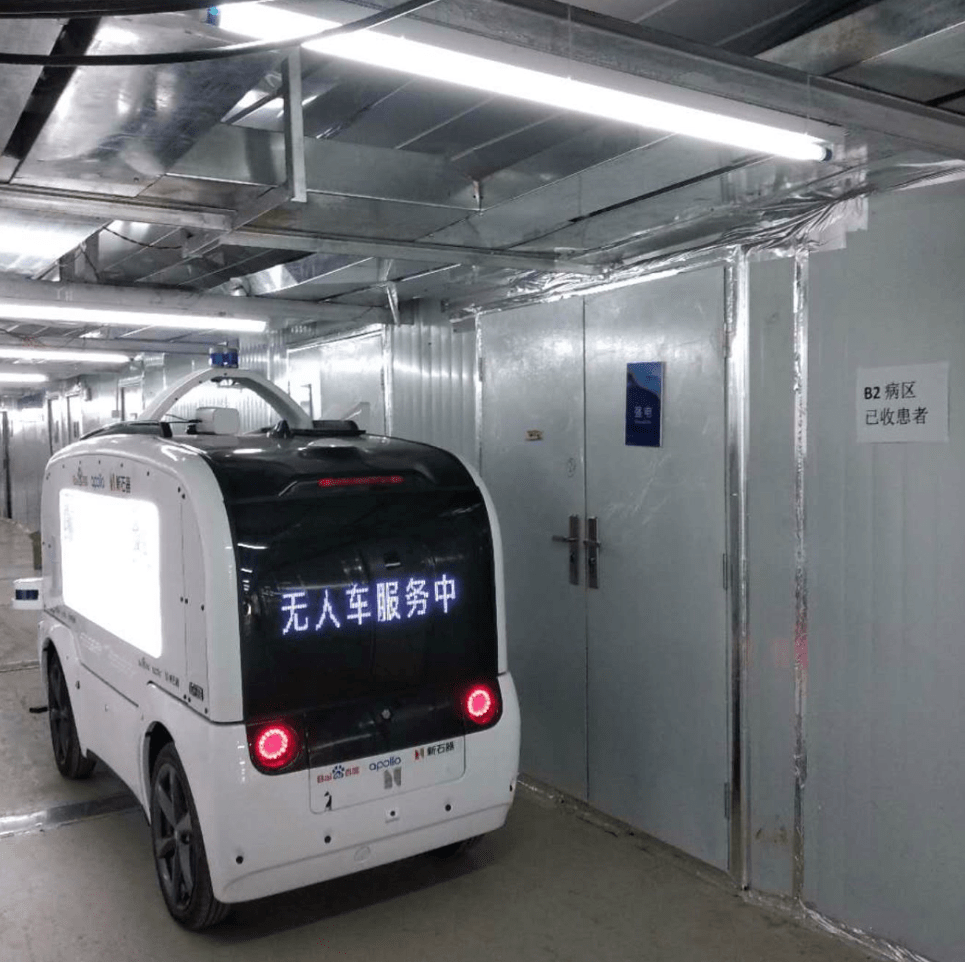
WHY THIS MATTERS IN BRIEF
Autonomous vehicles and robots are the perfect helpers it turns out in a pandemic as governments send them to work.
 Interested in the Exponential Future? Connect, download a free E-Book, watch a keynote, or browse my blog.
Interested in the Exponential Future? Connect, download a free E-Book, watch a keynote, or browse my blog.
Makers of autonomous vehicles have long been selling the benefits driver-free transportation, but it took COVID-19, a devastating global pandemic, to provide a compelling, real-world example of just how useful they can actually be.
A Chinese self-driving delivery company called Neolix has been deploying fleets of its self-driving vans to transport medical supplies and food to areas of the country hit hardest by COVID-19, including the epidemic’s epicenter in Wuhan. The small vans even have the capacity to disinfect city streets—now empty due to quarantine measures.
The company has booked over 200 orders for its vans over the last two months. Before that, only 125 units had been produced since manufacturing began in May 2019.

Courtesy: Neolix
After seeing how useful autonomous technologies can be in the midst of a global health crisis, the Chinese government has even offered up a pretty attractive incentive for companies that would like to purchase and operate delivery vans: 60 percent off of the price tag. With that in mind, Neolix expects to manufacture and sell 1,000 vans by the end of the year.
While many self-driving vehicles are heavily restricted on busy roadways, Neolix’s delivery vans can mostly navigate Chinese roads without battling the chaos of unpredictable motorists and pedestrians.
While the US does not have sweeping federal laws pertaining to self-driving vehicles and operation on public streets, companies like Waymo, Uber, and Argo AI have close relationships with city and state level governments where testing is conducted in states like California, Arizona, Pennsylvania, and Florida, among others.

Courtesy: Nuro
meanwhile Nuro, a Mountain View, California-based company, develops delivery vehicles similar to the ones that Neolix offers. The company secured the first federal safety approval to operate self-driving vehicles that don’t meet federal safety standards that apply to other cars and trucks that humans drive.
The exemption, granted by the National Highway Traffic Safety Administration in February, allows Nuro to temporarily test its vans at low speeds on Texas roadways for the next two years.
Given that the World Health Organization finally declared COVID-19 a global pandemic, roads will likely become less congested, giving self-driving cars an ample opportunity to prove their worth – even if they don’t have anyone to travel in them…
















